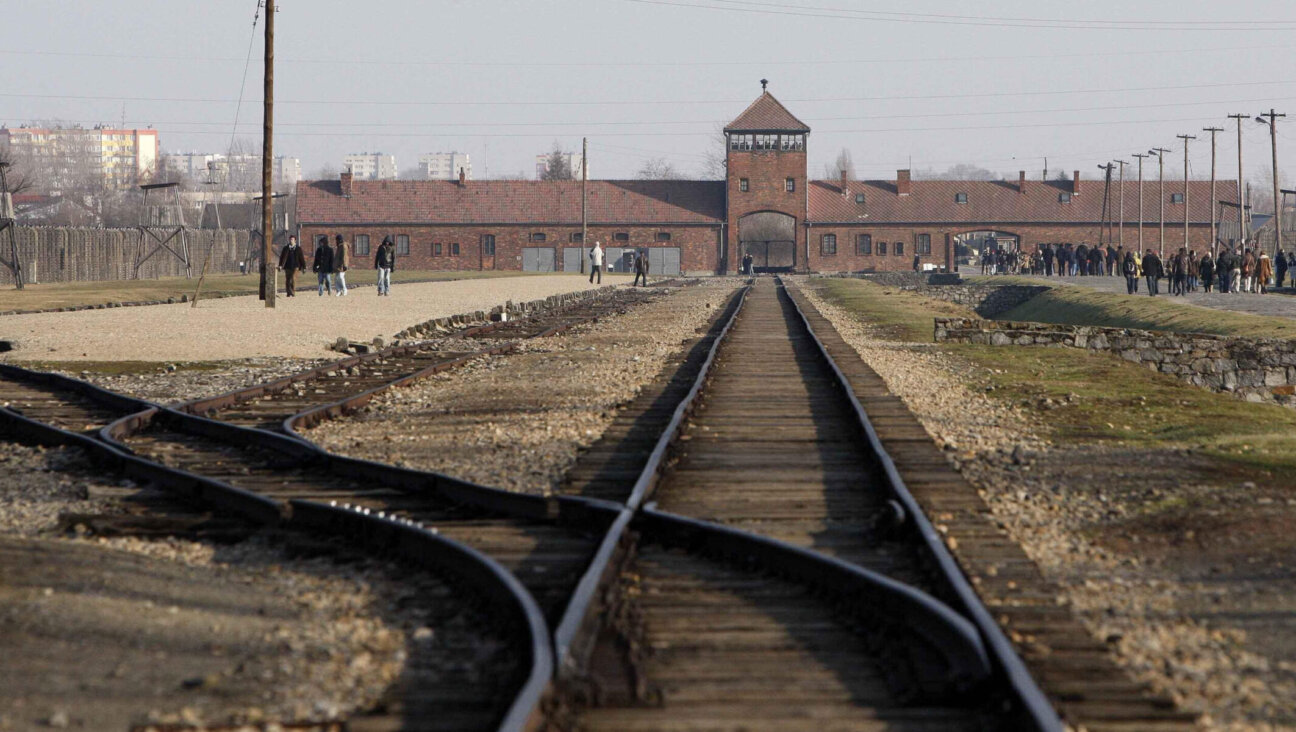Israelis On Gaza Border Unmoved By Palestinian Protests

Image by SAID KHATIB/AFP/Getty Images
NAHAL OZ, Israel (Reuters) – Hardened by years of rocket attacks from next-door Gaza, residents of this frontline Israeli village seemed unmoved on Sunday by Palestinians’ mass demonstrations at the border and Israel’s deadly response to them.
Confrontations on each of the last two Fridays have been clearly visible from Nahal Oz, a kibbutz just 800 yards from the frontier. The sounds of Arabic chants, smoke from burning tires and the cracks of gunfire from Israeli sharpshooters have wafted in across the wheat, jojoba and sunflower fields.
“I’m sorry about what is happening there. I know the situation is very, very difficult,” Israeli farmer Daniel Rahamim said about economic hardship in Gaza, the Palestinian enclave ruled by Hamas, an Islamist group that advocates Israel’s destruction.
“But I don’t talk about a peace deal anymore. Maybe we can achieve a long-term ceasefire,” Rahimim, 63, said as he irrigated his crops. He said his 24-year-old daughter, still “traumatized by rockets” left the area after the demonstrations started.
Twenty nine Palestinians have been killed since the protests began on March 30 along the frontier of the Gaza Strip. The demonstrations have been dubbed “The Great March of Return” of refugees and their descendants to ancestral homes now in Israel.
Drawing international criticism for its use of live fire, Israel said it is doing what is necessary to stop violent protesters from damaging or breaching its fence with the blockaded enclave.
“I don’t feel any empathy for them (Palestinians),” said Ahuva Avraham, 62, who runs the grocery. “I would be happy if we could live in peace, but they don’t want to sit and talk with us.”
Haim Jelin, a legislator from Israel’s opposition centrist Yesh Atid party, and a resident of nearby Kibbutz Beeri, agreed with the government in rejecting U.N. and European Union calls for an inquiry into Israel’s killing of protesters.
“When it comes to the Gaza Strip, there is no coalition and opposition,” he told Reuters in an interview on farmland 300 yards from the border fence.
A message from our Publisher & CEO Rachel Fishman Feddersen

I hope you appreciated this article. Before you go, I’d like to ask you to please support the Forward’s award-winning, nonprofit journalism so that we can be prepared for whatever news 2025 brings.
At a time when other newsrooms are closing or cutting back, the Forward has removed its paywall and invested additional resources to report on the ground from Israel and around the U.S. on the impact of the war, rising antisemitism and polarized discourse.
Readers like you make it all possible. Support our work by becoming a Forward Member and connect with our journalism and your community.
— Rachel Fishman Feddersen, Publisher and CEO





















